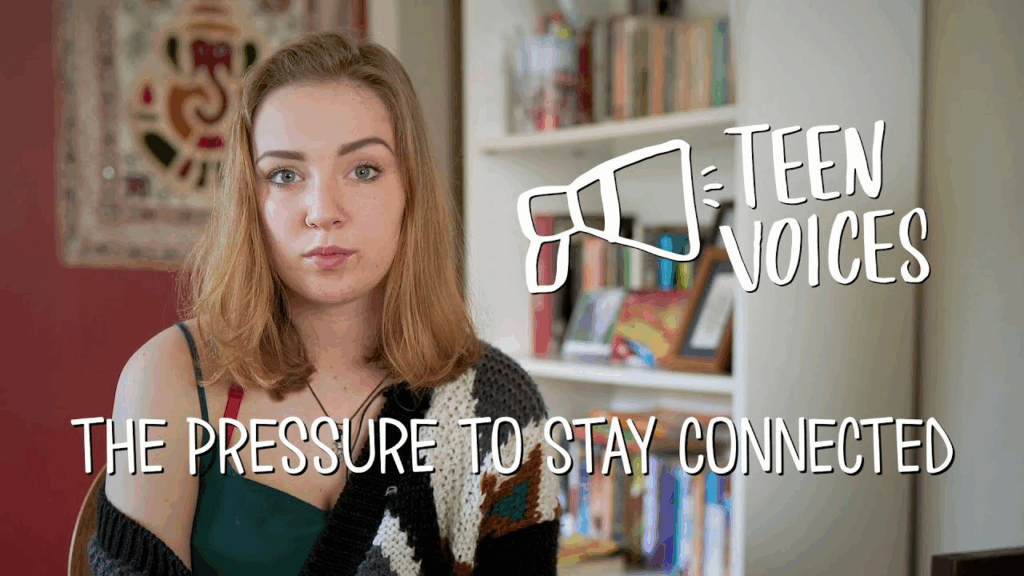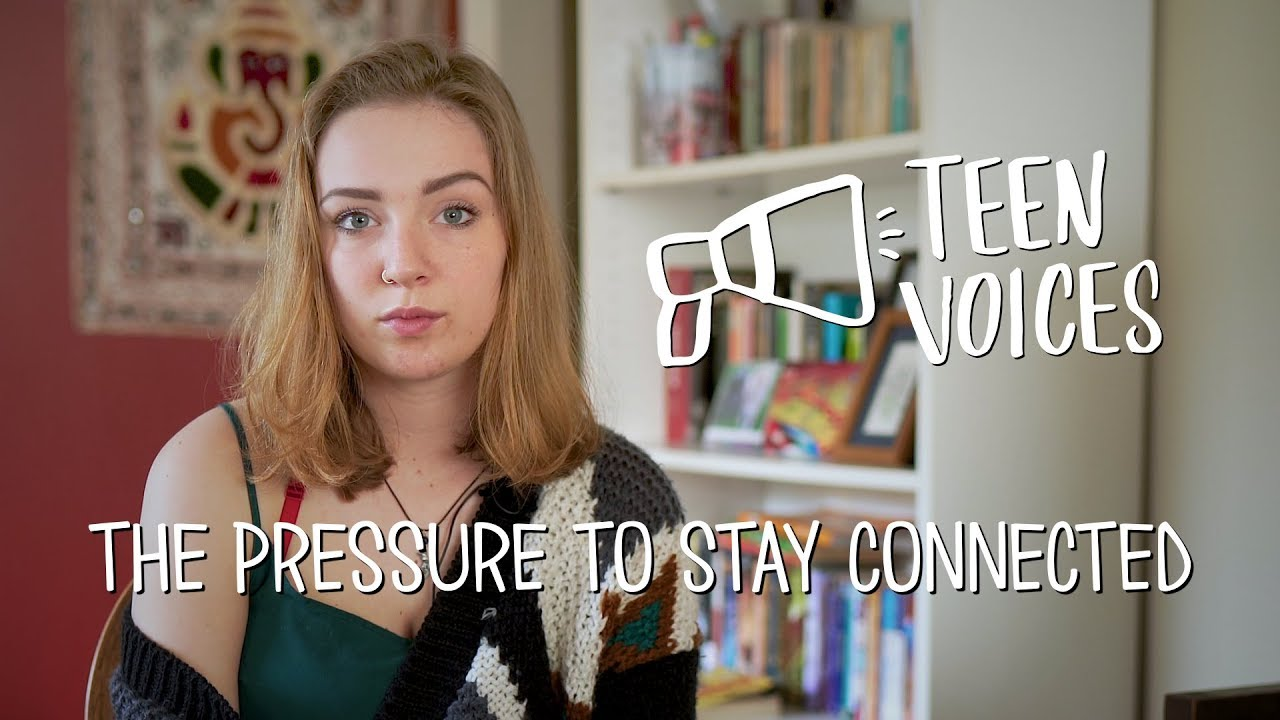
Social media has become an inseparable part of teenagers’ lives. Platforms like Instagram, TikTok, Snapchat, and YouTube offer opportunities for creativity, connection, and self-expression. However, they also bring pressure to fit in, compare, and constantly stay online, which can deeply impact teens’ mental health.
For parents, the challenge isn’t banning social media but teaching teens how to navigate it responsibly. Open, supportive conversations are the most effective way to help teenagers manage the pressures of likes, followers, and online validation.
This article breaks down practical strategies, conversation tips, and tools to make those discussions meaningful.
Understanding Social Media Pressure
Before parents can guide teens, it’s important to understand where the pressure comes from:
- Comparison Culture: Teens often compare their looks, achievements, and lifestyle with influencers and peers.
- Fear of Missing Out (FOMO): Constant updates create anxiety about being left out.
- Validation through Likes: Online approval can become a measure of self-worth.
- Cyberbullying and Negative Comments: Hurtful interactions can harm confidence.
- Unrealistic Standards: Perfectly curated posts may distort body image and reality.
Practical Ways to Talk to Teens About Social Media Pressure
1. Start with Listening
Instead of lecturing, ask questions like: “How do you feel when you scroll through Instagram?” or “Do you ever feel pressured to post certain things?” Listening helps build trust.
2. Normalize Their Feelings
Explain that it’s natural to feel left out or pressured sometimes. Share that even adults struggle with digital comparison, making them feel less alone.
3. Teach Critical Thinking
Encourage your teen to ask:
- “Is this post real or edited?”
- “Am I comparing myself to someone’s highlight reel?”
Helping them analyze content critically reduces its negative impact.
4. Discuss Healthy Boundaries
Guide them to set personal limits on screen time, notifications, or the number of platforms they use. Suggest digital detox days or device-free family time.
5. Highlight the Positives of Social Media
Show that social media can also be a place for learning, creativity, and networking. Help them follow positive accounts that promote motivation, self-growth, or hobbies.
6. Share Your Own Experiences
Be honest about how you feel pressure from digital spaces too—whether it’s work emails or comparing lives online. This makes the conversation relatable.
7. Provide Coping Strategies
Teach practical strategies like journaling, outdoor activities, or spending time with friends offline as alternatives when they feel overwhelmed.
Table: Positive vs. Negative Effects of Social Media on Teens
| Aspect | Positive Effects | Negative Effects |
|---|---|---|
| Self-expression | Creativity, sharing opinions | Pressure to maintain a “perfect image” |
| Connections | Staying in touch with friends | Cyberbullying, peer pressure |
| Learning | Access to knowledge & inspiration | Distraction from studies |
| Validation | Encouragement from peers | Dependence on likes & followers |
| Identity | Exploring interests & communities | Unrealistic beauty/lifestyle standards |
Overview Table
| Strategy | Why It Works | Example in Practice |
|---|---|---|
| Listen First | Builds trust and openness | Ask: “What do you enjoy most online?” |
| Normalize Emotions | Makes teens feel understood | Share how even adults feel FOMO |
| Teach Critical Thinking | Helps teens filter unrealistic content | Analyze an influencer’s edited photo |
| Set Healthy Boundaries | Prevents overexposure and stress | No phones at dinner or bedtime |
| Encourage Positive Use | Shifts focus to growth and creativity | Follow educational or hobby-based pages |
| Offer Coping Tools | Provides alternatives to screen stress | Suggest journaling or outdoor play |
How Parents Can Build Trust in These Conversations
- Avoid Judgment: Teens will shut down if they feel criticized.
- Involve Them in Rule-Making: Instead of imposing, collaborate on boundaries.
- Be Consistent: Regular, short check-ins work better than long, rare talks.
- Balance Freedom with Safety: Respect their privacy while guiding them.
Final Thoughts
Talking to teens about social media pressure isn’t about forbidding technology—it’s about helping them build resilience. By keeping conversations open, honest, and empathetic, parents can empower their children to enjoy the benefits of social media without being crushed by its pressures.
When teens know that their parents understand the digital world they live in, they are more likely to seek advice and develop a healthy digital mindset.
3 Quick FAQs
Q1. How can I tell if my teen is struggling with social media pressure?
Look for mood swings, withdrawal, changes in sleep, or obsession with likes and comments.
Q2. Should I monitor my teen’s accounts directly?
Instead of spying, build trust and have open discussions. Use parental guidance tools only if necessary.
Q3. What’s the best way to reduce social media stress?
Encourage boundaries, critical thinking, and offline hobbies to balance their digital life.

